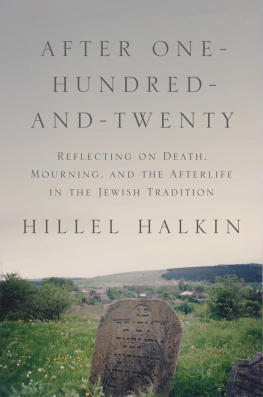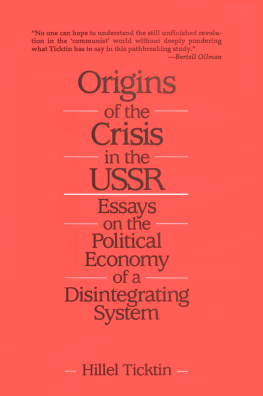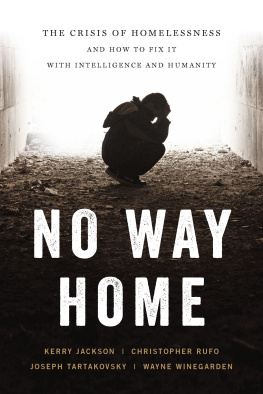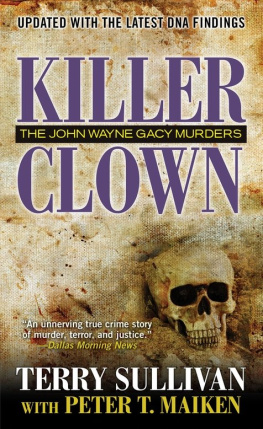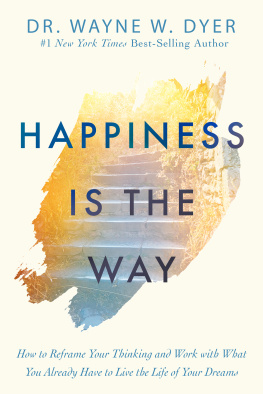Hillel Wayne - Computer Things: 2019-2020
Here you can read online Hillel Wayne - Computer Things: 2019-2020 full text of the book (entire story) in english for free. Download pdf and epub, get meaning, cover and reviews about this ebook. year: 2020, publisher: leanpub.com, genre: Politics. Description of the work, (preface) as well as reviews are available. Best literature library LitArk.com created for fans of good reading and offers a wide selection of genres:
Romance novel
Science fiction
Adventure
Detective
Science
History
Home and family
Prose
Art
Politics
Computer
Non-fiction
Religion
Business
Children
Humor
Choose a favorite category and find really read worthwhile books. Enjoy immersion in the world of imagination, feel the emotions of the characters or learn something new for yourself, make an fascinating discovery.

- Book:Computer Things: 2019-2020
- Author:
- Publisher:leanpub.com
- Genre:
- Year:2020
- Rating:5 / 5
- Favourites:Add to favourites
- Your mark:
- 100
- 1
- 2
- 3
- 4
- 5
Computer Things: 2019-2020: summary, description and annotation
We offer to read an annotation, description, summary or preface (depends on what the author of the book "Computer Things: 2019-2020" wrote himself). If you haven't found the necessary information about the book — write in the comments, we will try to find it.
Computer Things: 2019-2020 — read online for free the complete book (whole text) full work
Below is the text of the book, divided by pages. System saving the place of the last page read, allows you to conveniently read the book "Computer Things: 2019-2020" online for free, without having to search again every time where you left off. Put a bookmark, and you can go to the page where you finished reading at any time.
Font size:
Interval:
Bookmark:
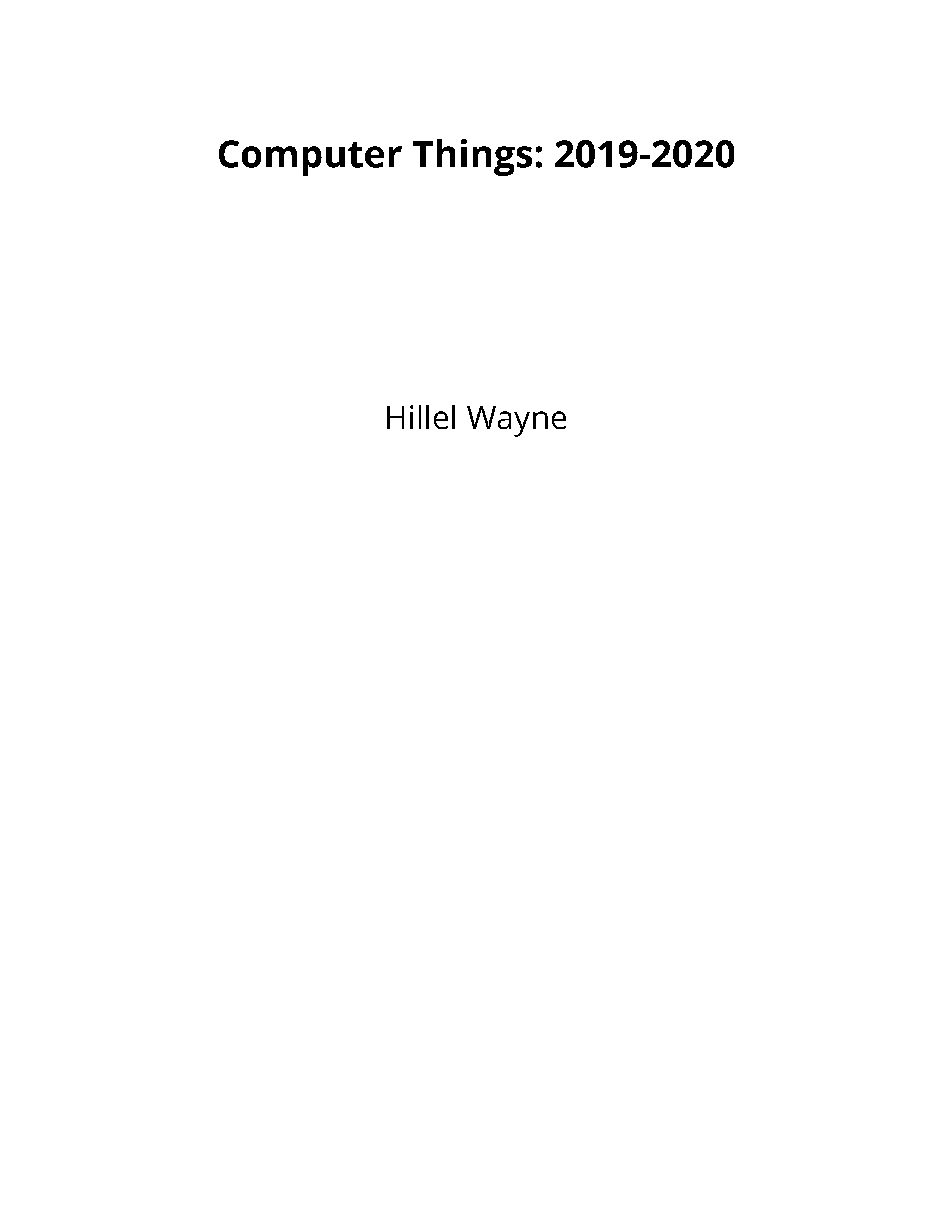
This book is for sale at http://leanpub.com/computerthings2020
This version was published on 2020-12-22
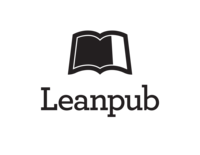
* * * * *
This is a Leanpub book. Leanpub empowers authors and publishers with the Lean Publishing process. Lean Publishing is the act of publishing an in-progress ebook using lightweight tools and many iterations to get reader feedback, pivot until you have the right book and build traction once you do.
* * * * *
I started Computer Things as a way to notify readers about new content on my website and to occasionally share thoughts. Since then, Ive written over 100,000 unique words for the newsletter. Much of this content was subscriber only and not available online. If you subscribed to the newsletter after a subscriber only essay, you would not be able to access it.
This is a compilation of the first 1.5 years of Computer Things, representing 99 newsletters and over 90,000 edited words. All essays are presented as is with, albeit with the following changes:
- Housekeeping notes, like workshop announcements or office hours, are removed. Only actual ideas are in here.
- The first 40-odd newsletters used manual footnotes. I converted them to markdown footnotes.
All essays are prepended with the original publication date, and, if a public essay, the link to the online version. If the essay was a first draft of a website essay, then a link to the final version is also provided.
I hope you enjoy, and thank you for reading.
Originally published on 2019-10-03. Available online here.
Hiyall,
No name yet, no description yet, but might as well get this started with why I want to do this.
So the stereotypical view of writing is that its well, writing. And thats true for most writing, its not true for good writing. Theres almost no writing in good writing. The majority of the work is in editing. An decent essay might be first draft, final draft, publish. A good essay is first draft, second draft, third draft, burn it all down, new first draft, second draft, stop and spend a month doing research, third draft, drafts four through ten, publish.
Ive got a blog, but as an independent consultant that blog is now synonymous with my cred. That means every essay has to be a good essay, which means its usually weeks or months between starting a post and publishing it. I want a space where I can share ideas that arent as obsessively polished. I have no idea if Ill stick with this, or what the pieces will end up being like. I promise theyll be about stuff in tech I find interesting, but thats about it. Ill try to aim for at least an email a week or so. Well see how this goes!
Just to keep this from being entirely about housekeeping, something thats been on my mind recently: its common knowledge that even senior engineers have to regularly Google even basic stuff. For all that we depend on it, were actually pretty bad at capitalizing on Google search. Id assume thered have been more tools that integrate with our searching to make us better at finding and retaining information. Like, lets say I search the following strings:
- Python flatten
- How do I flatten a list in Python
- Flatten list in python
- Flatten python itertools
- Python convert nested list to flat
And on the last query I find page example.com which answers my question. But example.com isnt just the answer to the last question, its the answer to all five searches. What I want to be able to do is bundle all five strings to that final webpage. Then later if I run into the same issue, I can fuzzy find on all the bundles. If I type flatten itertools it should immediately suggest ` example.com` as the final potential answer. Maybe even take a snapshot of that webpage so I dont even need to be online. There arent a lot of cross-app tools like this, Im guessing its because its so hard to get information out of the browser.
Anyway, let me know what kind of stuff youre interested in reading about, or if you have any questions or whatever, and well see what comes of this newsletter.
H
Originally published on 2019-10-04. Available online here.
I recently read Why software developers (quite honestly) hate Agile, which argues that the Problem With Agile is that everybodys going it wrong, that the original pure idea was hijacked by an army of certified Scrum masters. If we go back to the Real Agile wed like it again. This got me thinking about one of my major outside view problems with Agile, which is the fact they dont really follow hate your tools.
My first blog post on my site was Hate Your Tools. I want to write a followup that captures my ideas better, but I can never quite get down how we need to hate our tools. The original formula was one bad thing you take on, one good thing you give up, but that no longer feels like it captures what Im going for.
I dont think its possible to be a master in something without being absolutely aware of its shortcomings. Every tool, process, anything has its flaws, something that makes it unsuitable for certain purposes. And not in a fixable way, like oh it kinda sucks for this but we can make it work with a little practice. Im talking an existential unsuitability, the kind that cannot be fixed without fundamentally changing what youre doing.
Take randomized/generative/property-based testing (PBT). Incredibly effective for finding bugs. But you give up on having easy oracles- tests where you know what the expected output should be exactly. In many cases, an oracle is what you want, as it best captures your internal mental thought process on what youre trying to do. You can sometimes get oracles in randomized testing, but its a skilal that works on a case-by-case basis. Its not as general or as automatically obvious as it is in manual example testing.
Is that a reason to give up on PBT? Absolutely not! PBT is a fantastic technique and I wholly recommend it. But it means we need to be aware of the weaknesses of PBT, and when we should use it versus manual testing. Thats what it means to hate your tools. To know the existential limits and tradeoffs in a way outsiders do not.
Thats what bothers me about so much agile advocacy. There doesnt seem to be a sense of the cases where Agile practices get in the way, or where managers need more power, or anything. Sometimes you hear safety-critical systems, but thats dodging the question: its not asking what fundamentally are the limitations of Agile, its just picking a domain thats obviously pathological to everything and going well if youre DOING THAT Praising with faint damnation.
Id trust Agile evangelists more if they had a clear sense of what the drawbacks were. I dont know what they are, because Im not an Agile expert, but they must exist, right? I went to an Agile talk where I asked when does this break down, and the presenter responded with what, like people are having too much fun? Thats an immediate red flag to me.
Anyway, couple housekeeping notes:
- I need a name for this newsletter. If you have any ideas, let me know.
- I want these emails to be more of a dialogue than a monologue. Obvs I cant respond to most people, since theres over a hundred of you great folk, but feel free to share your thoughts on this stuff.
Font size:
Interval:
Bookmark:
Similar books «Computer Things: 2019-2020»
Look at similar books to Computer Things: 2019-2020. We have selected literature similar in name and meaning in the hope of providing readers with more options to find new, interesting, not yet read works.
Discussion, reviews of the book Computer Things: 2019-2020 and just readers' own opinions. Leave your comments, write what you think about the work, its meaning or the main characters. Specify what exactly you liked and what you didn't like, and why you think so.

